🌿 What is Mahilam Poo Powder?
Mahilam Poo Powder is derived from the dried flowers of the Mahilam plant, a traditionally treasured herb in Siddha, Ayurveda, and Tamil folk medicine. Known for its calming and rejuvenating properties, Mahilam Poo is commonly used to alleviate anxiety, promote restful sleep, and support digestion. This fragrant flower is also valued for its mild antioxidant and anti-inflammatory effects. In Tamil Nadu and surrounding regions, Mahilam Poo is often used in spiritual ceremonies, herbal teas, and topical preparations for skin care.
🌱 Description of the Mahilam Plant
- Botanical Name: Clerodendrum serratum (or closely related species, depending on region)
- Family: Lamiaceae (or Verbenaceae, based on local taxonomy)
- Plant Type: Perennial shrub with woody stems
- Stem: Woody, with a slightly rough texture
- Leaves: Ovate to lanceolate, medium green, with serrated edges
- Flowers: Small, tubular, fragrant white or pale yellow flowers clustered in bunches
- Fruits: Small drupe-like berries (less commonly used)
- Odor: Sweet floral fragrance, aromatic and soothing
🌍 Habitat of Mahilam Poo
Mahilam grows naturally in tropical and subtropical regions of South India, especially Tamil Nadu, Kerala, and parts of Sri Lanka. It thrives in well-drained soil, partial shade to full sunlight, and is commonly found in home gardens and near temples for its sacred and medicinal value. The flowers are handpicked at full bloom during early morning hours to retain maximum aroma and potency.
🌟 Medicinal Properties of Mahilam Poo Powder
Mahilam Poo is widely respected for its multi-faceted therapeutic effects:
-
Anxiolytic & Sedative: Promotes calmness and restful sleep, helping with mild anxiety and insomnia
-
Digestive Aid: Supports digestion and alleviates mild stomach discomfort or gas
-
Anti-inflammatory: Helps soothe mild inflammation and skin irritations
-
Antioxidant: Protects cells from oxidative stress and supports general vitality
-
Skin Nourishment: Used in topical preparations for its soothing and rejuvenating effects
-
Mild Respiratory Support: May ease minor coughs and nasal congestion
🧪 Active Compounds in Mahilam Poo
The therapeutic effects come from a rich profile of bioactive compounds:
-
Flavonoids: Antioxidant and anti-inflammatory agents
-
Essential Oils: Provide fragrance and mild calming properties
-
Tannins & Saponins: Contribute to anti-inflammatory and digestive support
-
Alkaloids: Support nervous system balance
-
Phenolic Compounds: Enhance antioxidant effects
🍵 Usage and Dosage
⚠️ Use under the guidance of a qualified Siddha or Ayurvedic practitioner for therapeutic purposes.
-
General Wellness (Internal Use):
-
Powdered form: ¼ to ½ tsp (1–2 grams) once daily with warm water or herbal tea.
-
Can be mixed with honey for taste and enhanced soothing effect.
-
-
Anxiety and Sleep Support:
-
Take ¼ tsp Mahilam Poo powder 30 minutes before bedtime.
-
Duration: 7–14 days or as recommended.
-
-
Digestive Discomfort:
-
Mix ¼ tsp powder with warm water after meals.
-
Use for up to 1 week or as directed.
-
-
External Use (Skin Care):
-
Prepare a paste with powder and rose water or sandalwood paste.
-
Apply gently to affected skin areas; rinse after 20 minutes.
-
Use fresh paste each time for best results.
-
-
Aromatherapy / Bath Infusion:
-
Add 1–2 tbsp of dried flowers or powder to warm bath water for relaxation and skin nourishment.
-
⚠️ Precautions
-
Avoid excessive internal use to prevent mild digestive upset.
-
Not recommended during pregnancy or breastfeeding without medical advice.
-
Perform a patch test before topical use to check for allergies.
-
Children’s dosage should be strictly supervised by a qualified practitioner.
📦 Storage
-
Store in airtight glass or metal containers away from moisture and direct sunlight.
-
Keep in a cool, dry place to preserve fragrance and efficacy.
-
Shelf life: 9–12 months if stored properly.
🌿 Organic and Ethical Considerations
-
Prefer organically cultivated Mahilam flowers to avoid pesticide residues.
-
Harvest flowers sustainably, plucking only mature blooms to support plant health.
-
Use traditional preparation methods in line with classical Siddha and Ayurvedic texts.
-
Support local farmers and herbal practitioners who follow ethical harvesting and processing.

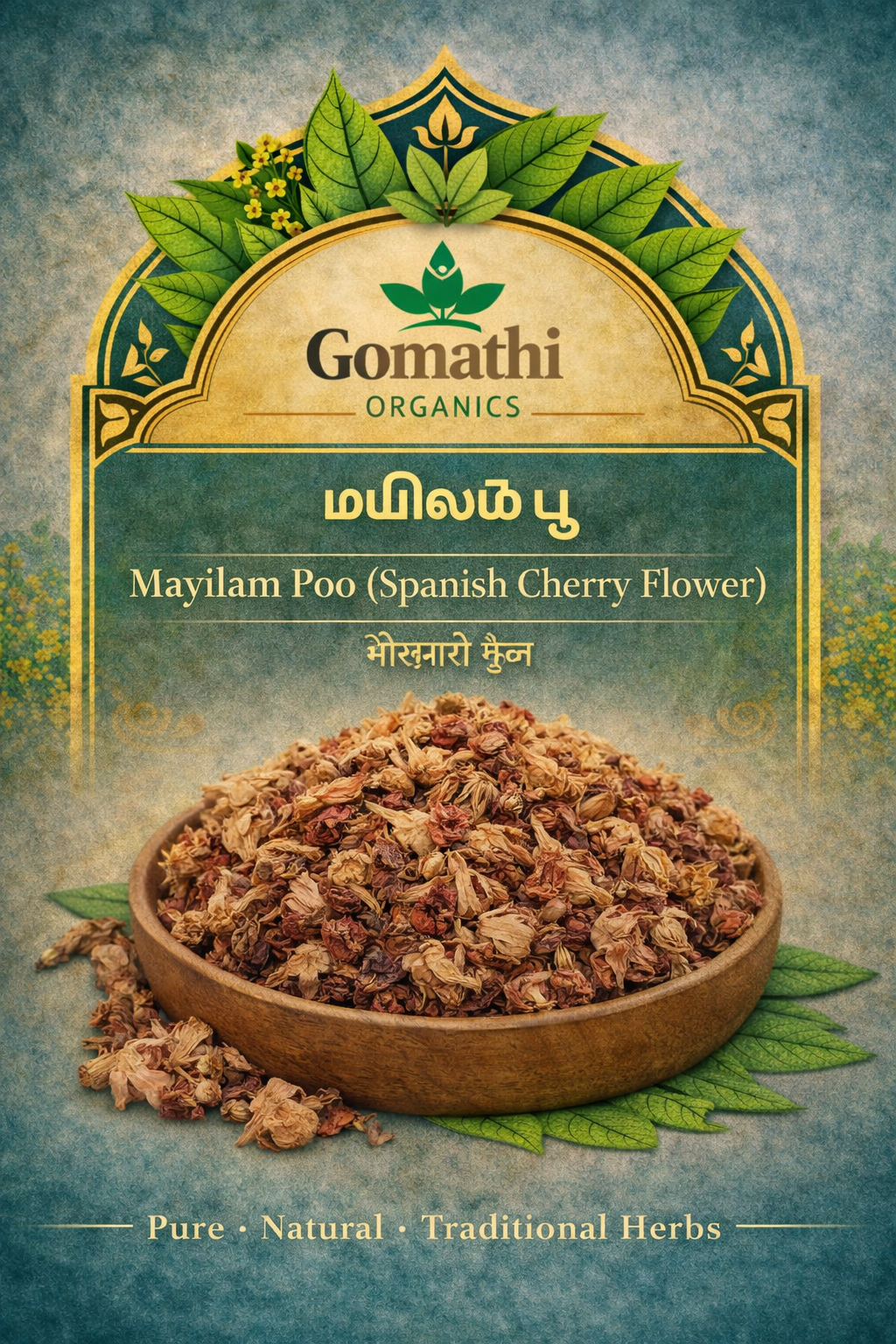
 SCIENTIFICALLY TESTED & COMPLETELY SAFE. SUITABLE FOR VEGETARIANS. NOT TESTED ON ANIMALS/NO ANIMAL INGREDIENTS. NO KNOWN SIDE EFFECTS. COMPLETELY SAFE. NON-TOXIC. FREE FROM HEAVY METALS
SCIENTIFICALLY TESTED & COMPLETELY SAFE. SUITABLE FOR VEGETARIANS. NOT TESTED ON ANIMALS/NO ANIMAL INGREDIENTS. NO KNOWN SIDE EFFECTS. COMPLETELY SAFE. NON-TOXIC. FREE FROM HEAVY METALS 

 The Food and Drug Administration has not evaluated these Statements. This product is classified as an “Herbal Food Supplement” and is not designed to diagnose, treat, cure, or prevent any disease. If you have any underlying health conditions, please consult a healthcare professional before using this product
The Food and Drug Administration has not evaluated these Statements. This product is classified as an “Herbal Food Supplement” and is not designed to diagnose, treat, cure, or prevent any disease. If you have any underlying health conditions, please consult a healthcare professional before using this product 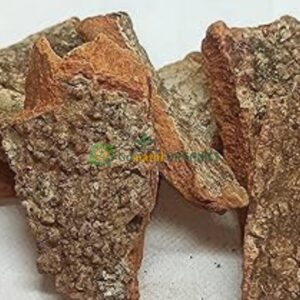
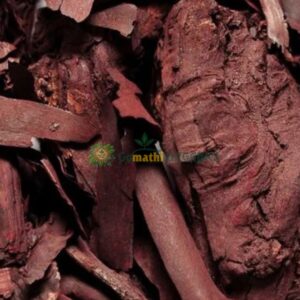
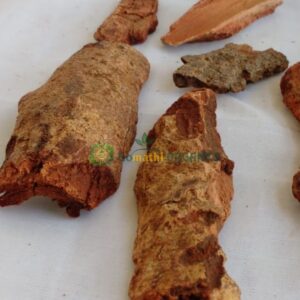
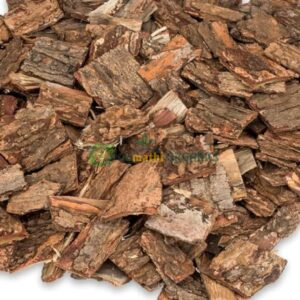
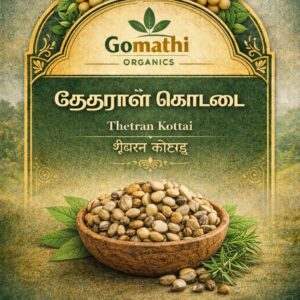
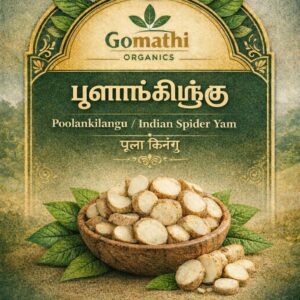
Reviews
There are no reviews yet.